Why do I have dry mouth and fatigue?
.png?v=1673284701077)

Related products
Why do I have dry mouth and fatigue?
Do you feel like you have a chronic dry mouth and fatigue? It can be difficult to figure out what is causing your symptoms.
The good news is that there are many potential causes of both dry mouth and fatigue.
In this article, we’ll take a look at some of the most common causes so that you can better understand why you might be experiencing these symptoms.
Cause 1: Oral Health Issues
One of the most common causes of dry mouth is poor oral health. Poor oral hygiene can lead to bacteria buildup in your mouth, which can cause inflammation and an imbalance in saliva production. Saliva helps keep your mouth moist, so if it’s not being produced properly, you may experience a dry feeling in your mouth.
Additionally, certain medications used to treat oral health issues such as cavities or gingivitis can cause dryness in the mouth as well.
Cause 2: Dehydration
Dehydration is another common cause of both fatigue and dry mouth. When you don’t drink enough water, your body doesn’t get the hydration it needs to function properly. This can lead to dehydration-related symptoms such as tiredness and a lack of energy. Additionally, when your body isn’t getting enough fluids, it can also affect the production of saliva which can lead to dryness in the mouth.
Cause 3: Stress
Stress is another major factor that can contribute to both fatigue and dry mouth. When you experience stress, your body releases hormones such as cortisol which can make you feel tired and sluggish. Additionally, stress can cause physical changes in the body, such as an increase in heart rate or difficulty breathing, which can also contribute to feelings of exhaustion or lack of energy.
Furthermore, stress has been linked to decreased saliva production, which could explain why some people experience a persistent feeling of dryness in their mouths when they are under pressure or anxious about something.
What are the Symptoms of Dry Mouth and Fatigue?
A dry mouth, or xerostomia, is a condition in which the salivary glands in your head and neck don’t produce enough saliva. It can occur due to health conditions such as Sjögren's Syndrome, an autoimmune disease where your immune system attacks your salivary glands and other causes.
In addition to dry mouth, fatigue can be a symptom of dry mouth. Let's see the symptoms of dry mouth and fatigue and what you can do to help alleviate them.
Cracked Lips
When your body does not produce enough saliva, it can cause the lips to become dry and cracked. This is because saliva helps keep your lips moist and hydrated.
If you are experiencing cracked lips due to dry mouth, try drinking plenty of water throughout the day as well as avoiding things like alcohol and caffeine, which can worsen dry mouth symptoms.
Chewing sugar-free gum can also help stimulate saliva production in the salivary glands.
Head and Neck Discomfort
A dry mouth can cause discomfort in the head and neck area due to dehydration. If you are feeling head or neck pain due to dry mouth, be sure to drink plenty of water throughout the day as well as use a humidifier if possible to add moisture back into the air around you.
You may also want to consider taking over-the-counter pain medications such as ibuprofen or acetaminophen if needed for further relief from any discomfort or pain caused by dry mouth symptoms.
Tooth Decay
Saliva helps keep teeth healthy by washing away food particles that would otherwise stay on teeth causing bacteria growth and leading to cavities or tooth decay.
If you find yourself dealing with persistent dry mouth, brush your teeth twice a day with fluoride toothpaste and floss daily to reduce your risk of developing cavities or other dental issues related to insufficient salivation levels in the body.
Additionally, you may want to speak with your dentist about additional treatments, such as fluoride varnish applications that could further help protect against tooth decay due to dry mouth symptoms.
Mouth Sores
A lack of moisture in the oral cavity caused by inadequate salivation levels can lead to painful sores inside the mouth or on the tongue that are difficult for many people who suffer from xerostomia (dry mouth).
In order to reduce these painful sores, it is important that those experiencing them take steps such as drinking plenty of fluids throughout the day and using ice cubes in moderation on affected areas inside the oral cavity for temporary relief from the pain associated with these sores until they heal completely on their own time frame which could be anywhere from 1 week up until several weeks depending on the severity level of each individual case situation.
Fatigue
Fatigue is one of the most common complaints among those who suffer from xerostomia (dry mouth). This is because an insufficient amount of saliva production leads to dehydration which can then result in feelings of exhaustion due to a lack of energy in the body’s cells from being deprived of necessary fluids needed for proper functioning purposes overall.
Be sure that if you are suffering from severe fatigue due to too many prolonged periods without adequate salivation levels present within person’s body system, make an appointment with a doctor immediately to get blood tests done to address any underlying medical conditions that might be contributing factors causing excessive amounts tiredness experienced daily basis relatedly speaking matter factly.
Conclusion
A dry mouth can range from mild to severe, and while a minor case may be simply annoying, having a very dry mouth can cause more serious issues.
To properly treat it, you should understand the other symptoms associated with it, such as a sore throat or a tendency for mouth breathing.
These symptoms are often associated with autoimmune diseases and, in some cases, can result in more severe symptoms like a lack of saliva and the inability of your mouth to stay wet for long periods of time.
Treating severe dry mouth requires taking extra steps to ensure your mouth remains wet and if your symptoms worsen, it's important to consult with a medical professional and get appropriate tests for it.
To learn more about what might be causing your fatigue, read out article Why am I always tired with no energy? Or, learn about the best vitamins for tiredness.



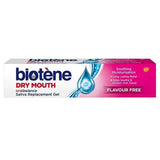



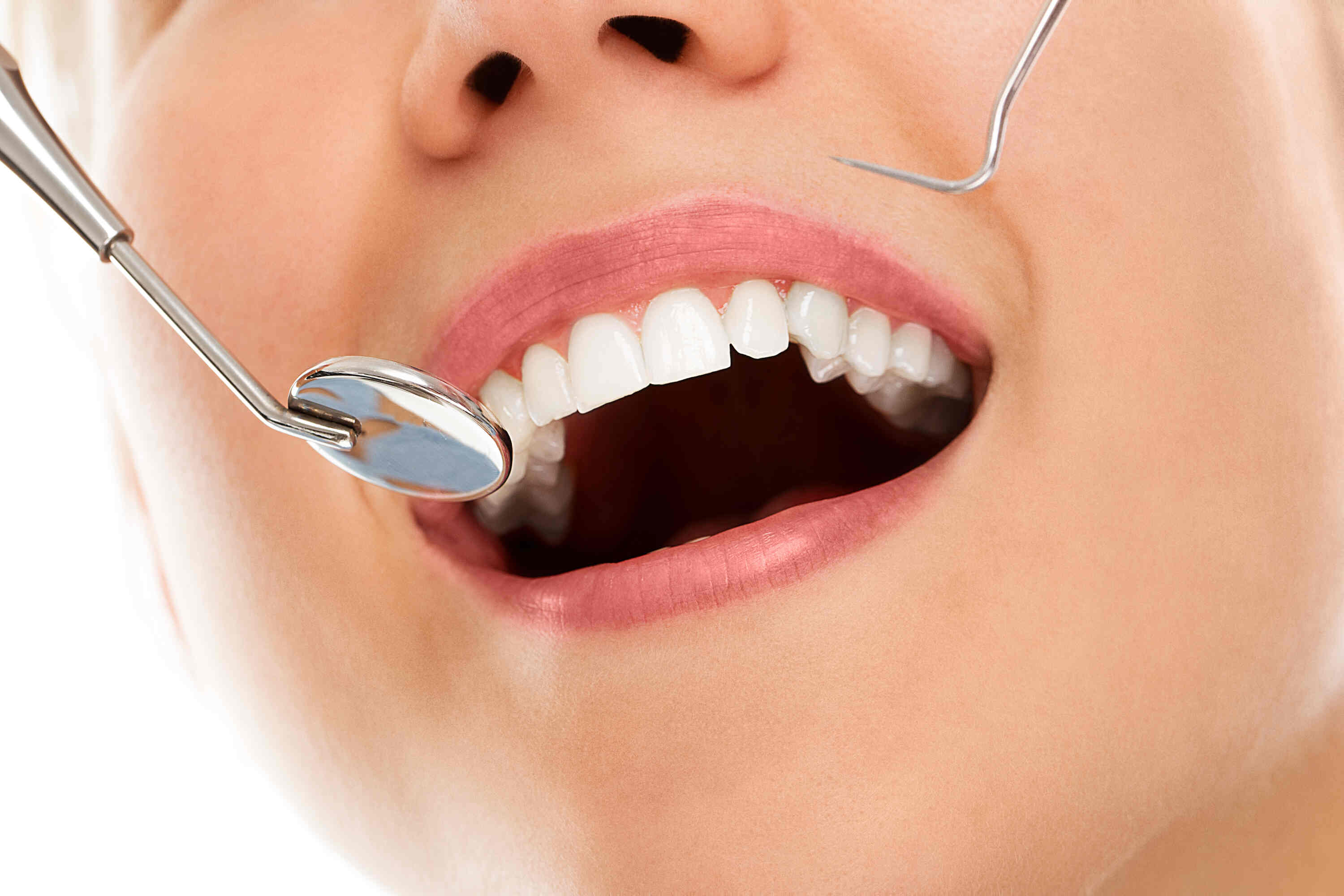






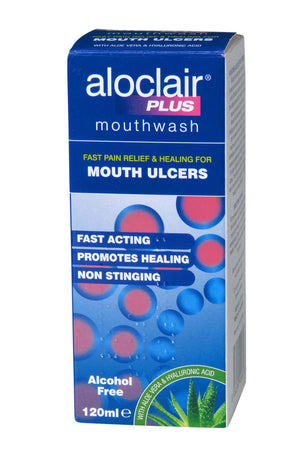

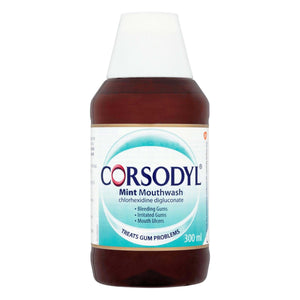

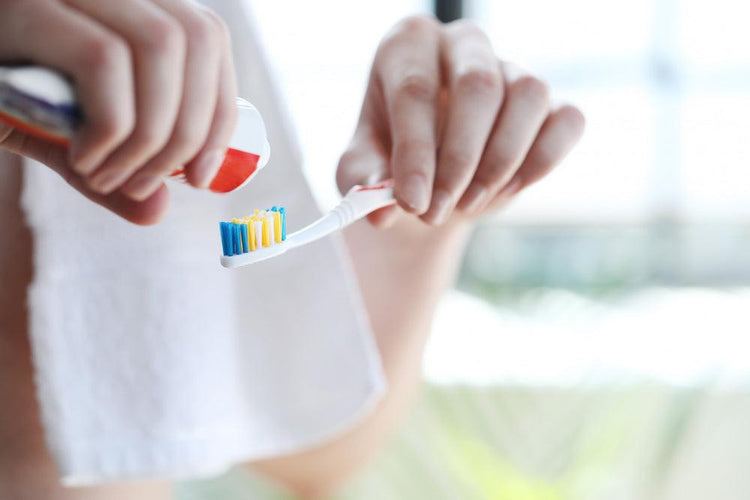

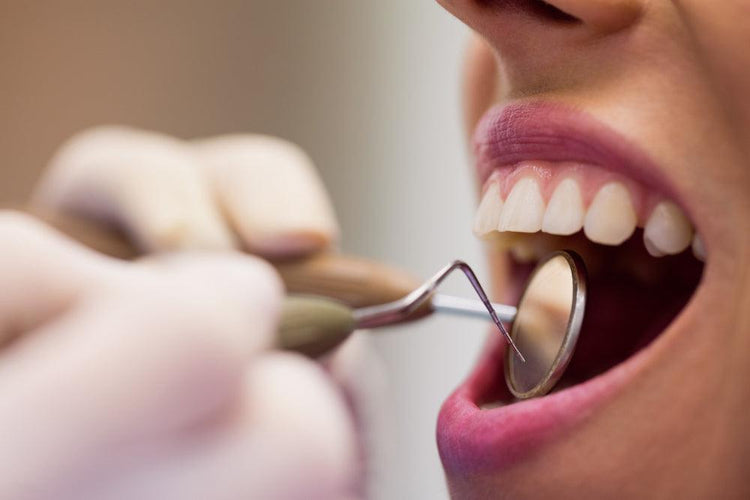



 Rated Excellent by 26,523+ Reviews
Rated Excellent by 26,523+ Reviews